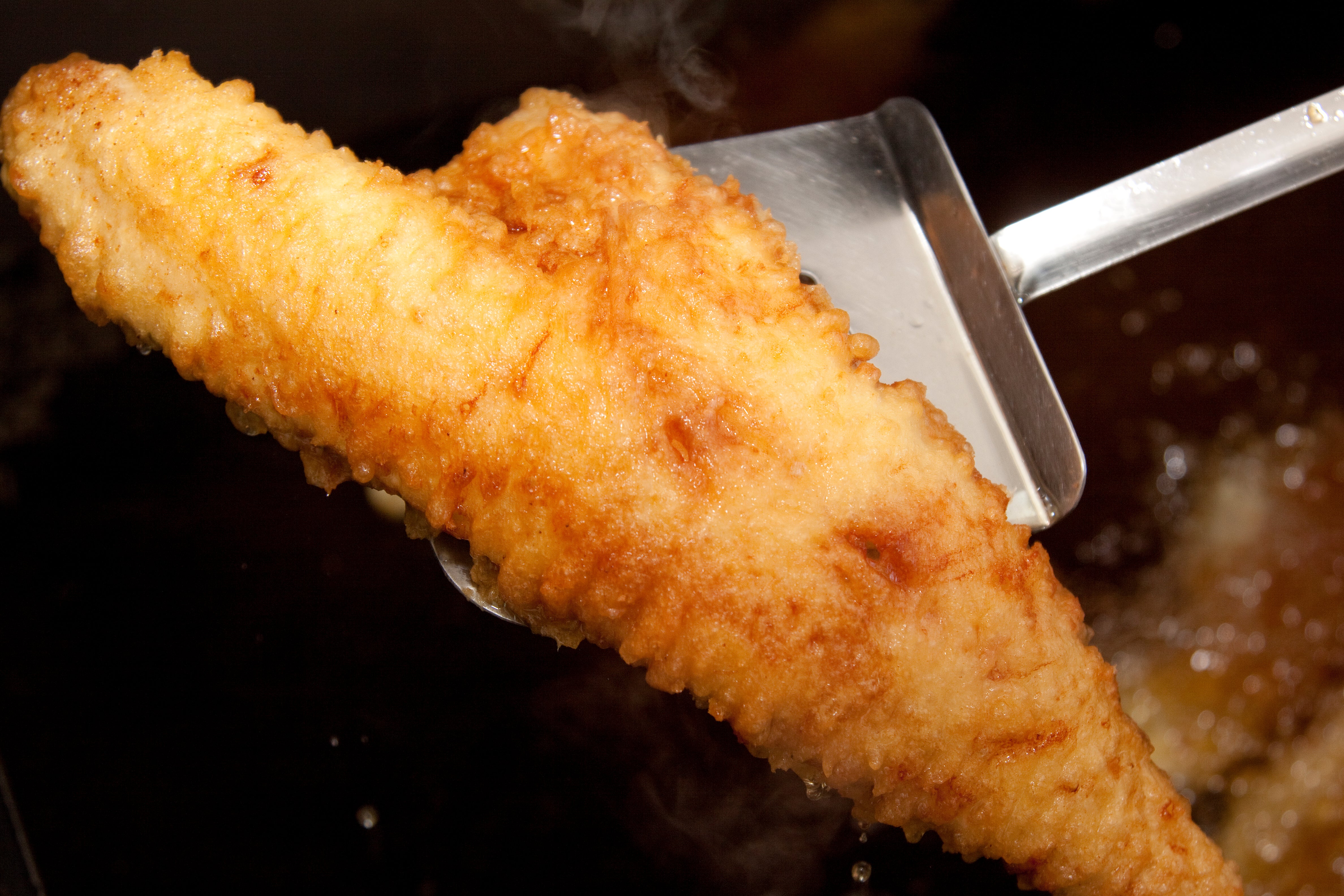Businesses warn tax hikes could send fish and chips prices soaring as restaurants brace for Budget
Fish and chips owners are ‘hoping to stay afloat’ amid speculation of further tax hikes on the October Budget
Fish and chips restaurants are bracing for significant price increases, potentially sending meal prices soaring.
Business owners are voicing their concerns ahead of chancellor Rachel Reeves’ upcoming 30 October Budget, warning that future tax rises added to inflation numbers would take a heavy toll on their establishments.
Ian Stead, owner of Steels Corner House in Lincolnshire, fears future increases including to employers’ National Insurance contributions (NICs) and business rates could diminish profits and leave his restaurant short-staffed.
“My biggest worry is that these financial pressures will discourage us from hiring more staff,” he told The Independent.
His restaurant, which boasts an average staff tenure of 22 years, relies on a “loyal” workforce, but a potential tax rise to National Insurance could push staff out. “We’re fortunate to have such dedicated employees, but rising costs mean we might have to rethink our recruitment strategy,” he adds.

Currently, employers pay 13.8 per cent on earnings above £175 a week under Class 1 NIC contributions, a deduction that can impact wages directly.
Speculation that the government could increase national insurance for employers has intensified in recent days after both the chancellor and the prime minister declined to rule it out.
Rachel Reeves and the prime minister have said the Budget will involve “tough” decisions, after previously saying there is a £22 billion “black hole” in the UK’s public finances left by the former government.
According to data compiled by HMRC and EY a one percentage point increase in the Class 1 rate could raise £8.45 billion over the 2025 to 2026 tax year, and a two percentage point hike could raise £16.9 billion.
However, business chiefs have cautioned that any increase in national insurance would mean higher costs, which could impact their staff and customers.
Mr Stead said that while he currently employs only two staff on zero-hour contracts, chosen for their flexibility due to family circumstances, his goal is to maintain a supportive environment. “We must be cautious not to exclude anyone from the workforce, especially those who need flexibility,” he said.
With food prices skyrocketing - due to the cost of fish, potatoes, and oil - he admitted that his menu prices will inevitably rise.
His restaurant currently sells a large portion of fish and chips for £13.95 - which has been up by almost a pound just in the last couple of months. “Our prices are already affected by rising ingredient costs more than by National Insurance increases,” he said.

“But as expenses go up, so too must our prices. We can’t escape that. I can say with certainty that prices will not be going down.”
Mr Stead’s said his focus now is on survival rather than expansion. “We’re just trying to break even. We’re not looking to invest or grow; our aim is simply to maintain the status quo,” he added.
The restaurant raised its prices by about seven per cent earlier this year, and Mr Stead fears he might have to change menu pricing again.
He said: “We want to attract customers, but everyone is feeling the pinch. The average person has less money in their pocket to spend on dining out.”
President of the National Federation of Fish Friers Andrew Crook, who owns two shops himself, said the biggest concern among industry members is plans to hike employers NI.
He said that while the government may have softened some legislative proposals for workers, the burden still falls heavily on small businesses, which often lack the resources to cope.
Mr Crook told The Independent: “The businesses they should be targeting are those who pay staff cash in hand as these employees have no rights whatsoever.”
He urged the government for better engagement with industry bosses, warning: “If they don’t start to engage with us directly I fear the damage may be done to the independent hospitality sector that is vital to the economy and to the communities we serve.”
Responding to the claims, the Treasury refused to comment on speculation around future tax policies but repeated the chancellor’s warnings that “difficult decisions lie ahead”.
A spokesperson told The Independent: “We’re supporting businesses, including the hospitality sector, through pledges to make the business rates system fairer, cap corporation tax at 25 per cent and to publish a business tax roadmap so that they have some welcome certainty to plan for the future.”
The Independent has also approached the Department for Business and Trade for comment.
Join our commenting forum
Join thought-provoking conversations, follow other Independent readers and see their replies
Comments
Bookmark popover
Removed from bookmarks